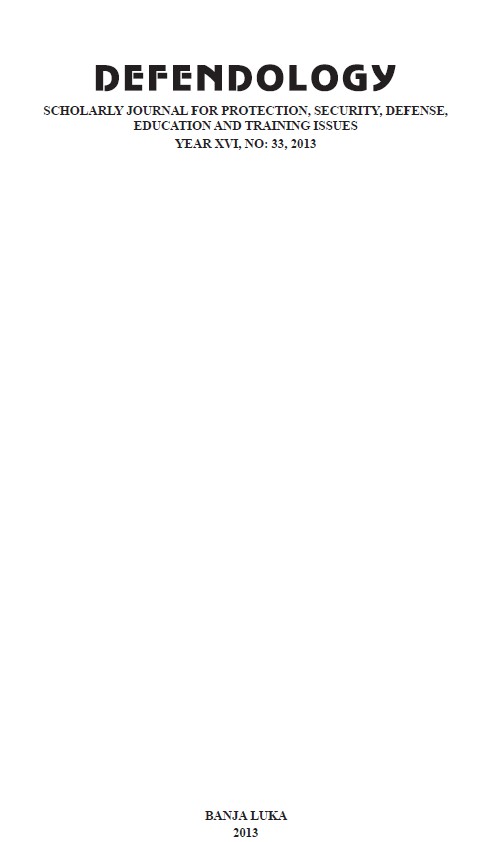ATTITUDE TO MURDER IN THE CANONS OF THE ORTHODOX CHURCH
ATTITUDE TO MURDER IN THE CANONS OF THE ORTHODOX CHURCH
Author(s): Borislav D. Grozdić, Dragan Gostović, Ilija Z. KajtezSubject(s): Ethics / Practical Philosophy, Criminology, Eastern Orthodoxy
Published by: Evropski defendologija centar za naučna, politička, ekonomska, socijalna, bezbjednosna, sociološka i kriminološka istraživanja
Keywords: murder; church canons; Orthodox Church; epitimia;
Summary/Abstract: The canons of the Orthodox Church are rules adopted by the Church and are related to religion, morality, discipline, order and other church matters. Respect of the Old Testament norm “Thou shall not kill” applies to not only the fact of physical murder, deprivation of life, but it also includes a motive or intent. Given the intent of the perpetrator, there is a willful or intentional, almost intentional and unintentional murder. Epitimia implies specific measures taken by the priest against the penitent. Epitimia is not a punishment that should satisfy justice, but a drug that should raise awareness of the one who has committed a specific violation of the canons and provide spiritual healing of sinners through repentance. Epitimia may be a ban of Holy Communion for a while, which is the most common and most severe sanction, removal of sinners from the Christian community and public prayer, additional fasting and domestic prayers, reading religious books, visiting holy places and other soul-beneficial actions. According to the church canons, defrocking is provided for clergy if they kill, regardless of whether the murder was committed in war or in peace, intentionally or unintentionally.
Journal: DEFENDOLOGIJA
- Issue Year: 16/2013
- Issue No: 33
- Page Range: 33-43
- Page Count: 11
- Language: English

